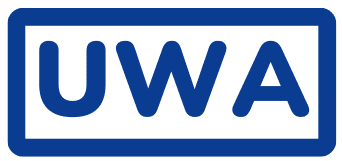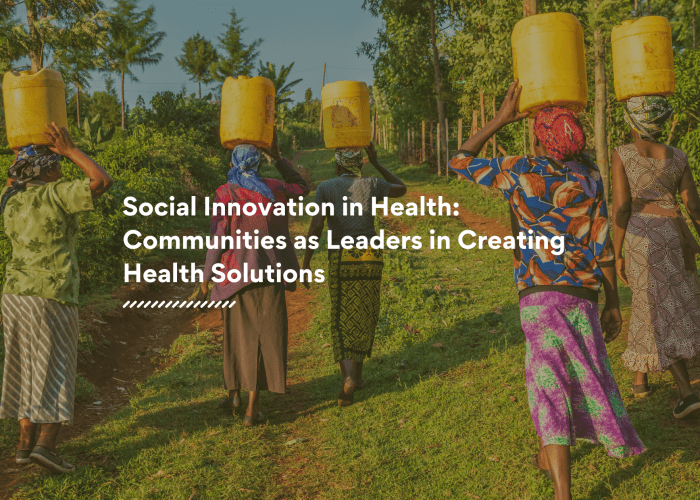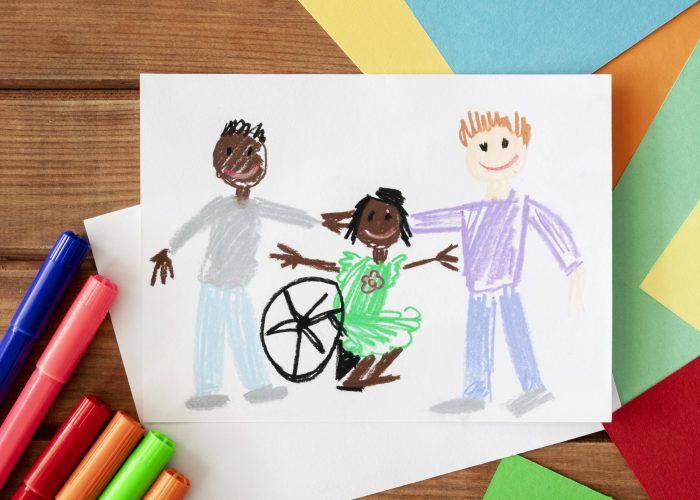My Blog
Insights for Growth: Exploring Business, Real Estate, Technology, Branding, Research, and the Spirituality.
19
Sep
Social Innovation in Health: Communities as Leaders in Creating Health Solutions
During one of my classes on the Social Determinants of Health, a student asked a thought-provoking question that led me to reflect deeply on the role of communities in health innovation. The question was:How can communities, particularly vulnerable populations, play a role in creating health technologies that improve their own health outcomes?This question touches on the broader concept of social innovation in health, which focuses on developing novel solutions to improve health outcomes, especially for vulnerable populations. Within this framework, community participatory research (CPR) and co-creation are essential processes that ensure these solutions are grounded in the needs and experiences of the communities they aim to serve.Social innovation in health involves a wide range of approaches aimed at addressing the root causes of health inequities. It seeks to create practical, sustainable solutions that challenge traditional healthcare models and center community involvement. These innovations can take many forms, including new technologies, care delivery models, or systemic improvements that make healthcare more accessible, affordable, and effective for underserved populations.One essential component of social innovation is Community Participatory Research (CPR). In CPR, community members are not merely passive subjects of research; instead, they become equal partners in identifying health challenges, collecting data, and interpreting results. This active involvement guarantees that the solutions developed reflect the specific needs and contexts of the communities involved. This is especially important when addressing the social determinants of health, such as poverty, social exclusion, and environmental risks, which are often overlooked by conventional health interventions.For instance, a community...
25
Jun
How to Know If It’s Time to Rebrand Your Business.
Branding is the process of taking intentional actions to influence people's perception of you or your business. The aim of these actions is to create a unique position in the marketplace that makes it easy for customers to find you. If you position your business in a particular way and find that, overtime, so many businesses have inserted themselves into that same position, then it's time to rebrand. Rebranding here means taking intentional measures to create a new image or perception for your business. For instance, if you position your company to provide the highest quality service and discover that so many companies are able to provide the same level of quality, then it's time to change that perception. This will involve observing the market and creating a position that only your business can occupy. You could find something that your company is better at, for instance, and capitalize on it to differentiate your business. You could also find a pressing need in the market that no one is paying attention to and occupy that space. When rebranding, you take measures to ensure that your position in the market, message, logo and entire visual Identity are clear and different from other similar companies. This is what we did with my IT company, Faciotech. I realized that there were many great software and web hosting companies out there providing the same level of quality as us. As a result, though we were hitting ten years, we still did not have control over the market. It was, therefore,...
03
Jun
How my father instilled the virtue of giving in me
Growing up in Walewale Ghana, I saw my father uphold generosity in a way that was a wonder.On so many occasions, I'd see people visit the house and leave with sacks of maize and millet from my father's farm. He would insist on giving even when we didn't have much ourselves.Giving in itself is a worthy cause, but I saw it produce some great results. When my dad passed on, seated in the crowd were people who could point to tangible ways that he had helped them. It was such a fulfilling moment!Even today, many prominent people, including chiefs, accord my siblings and me so much respect when they find out who our father is.It is no wonder I picked up this virtue subconsciously. My life and businesses are practically set up to give to others selflessly.I started my first NGO called "Wipe Their Tears Foundation" in senior high school at St. Charles in Tamale. I was moved to start this foundation due to the many homeless people I would see on the street on my way to school.I felt like I needed to do something to help them. I was close to one of the priests in my school because I was aspiring to be a seminarian. I told him about my plan, and he asked me to put it into writing. He reviewed it and helped me improve it.I brought on board a few friends to help. We were young at that time and didn't have much, so...
25
Aug
Lack of inclusive WASH facilities denies PWDs education
Dr. Elijah Bisung, the Assistant Professor at the Queen’s University, Canada, says the lack of inclusive Water, Sanitation, and Hygiene (WASH) facilities in schools deprive children with physical disabilities the right to basic education and training.He said the situation also denied those children the opportunity to develop their full potential, which the country could harness to achieve the needed development.Dr. Bisung said this at a stakeholders’ engagement in Wa to disseminate research findings on the availability and accessibility of WASH facilities in schools by children with physical disabilities in the Upper West Region.The two-fold survey engaged school children, including those with physical disabilities in the Nadowli-Kaleo District, to ascertain their challenges in accessing WASH facilities as well as stakeholders in the region to seek their recommendations in improving access to inclusive WASH facilities in schools.The project was dubbed: “Promoting Access to Inclusive Water, Sanitation and Hygiene (WASH) services for Students with Physical Disabilities in School Setting in Ghana.”It had funding support from the Queen’s University, Canada, and the Kwame Nkrumah University of Science and Technology (KNUST), Ghana.Dr. Bisung, who was the Lead Investigator in the research, stressed the need for inclusive WASH facilities at all levels of society to help advance the achievement of the UN Sustainable Development Goal (SDG) on water and sanitation by 2030.“If we are interested in achieving universal access to water and sanitation by 2030, we must be very interested in the inequalities that exist when it comes to access.“These inequalities are based on gender, disability...






